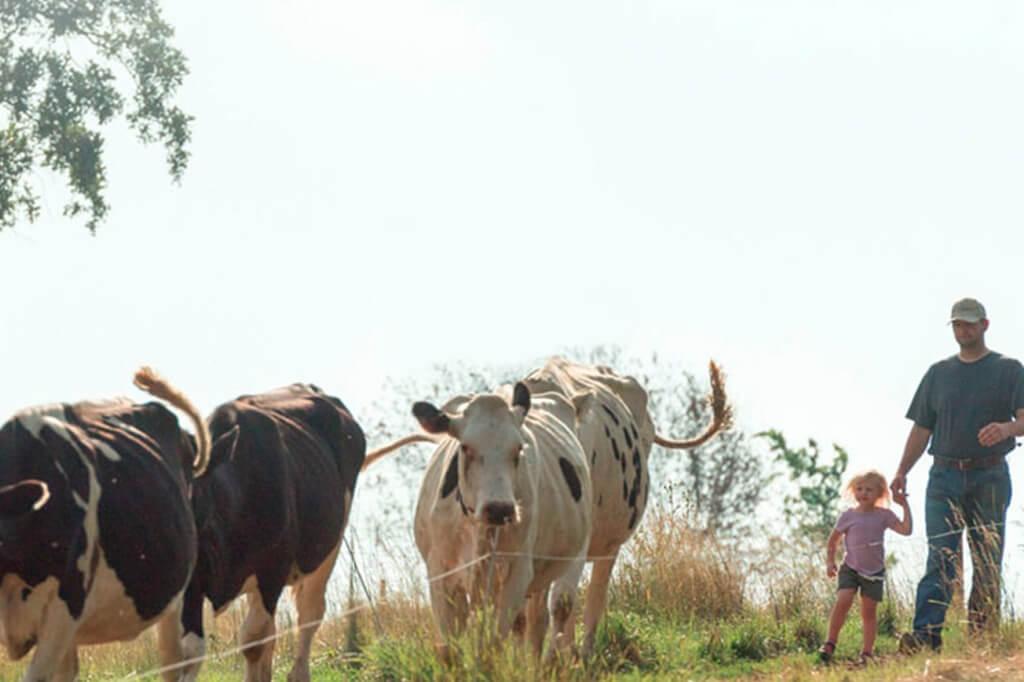
Why Organic

Farming is directly connected to nature, and to you. To make the food you eat, farmers harvest crops that grow in the earth. Those crops become ingredients. This means we all depend on soil, water and biodiversity in order to eat. How farmers farm has a massive impact on nature; it’s up to farmers, food companies like Annie’s, and eaters like you to decide if that impact will be positive.
Recognizing that synthetic pesticides may harm beneficial insects including pollinators, or drift beyond a farmer’s field, affecting nearby fields and ecosystems, we are actively working across our value chain to limit these unintended and potentially harmful impacts.
We want people to enjoy their favorite foods, made with people and our planet in mind.

USDA Organic
The USDA Organic standard is a robust and comprehensive legal framework dedicated to minimizing synthetic pesticides through the use of cultural and preventative practices before the application of approved organic crop protection products. And the organic standard goes beyond this: organic farmers emphasize healthy, living, nutritionally balanced soil as the foundation of crop, livestock, and of sustainable and successful farming.
The Power of Organic
Well managed organic farming helps support:
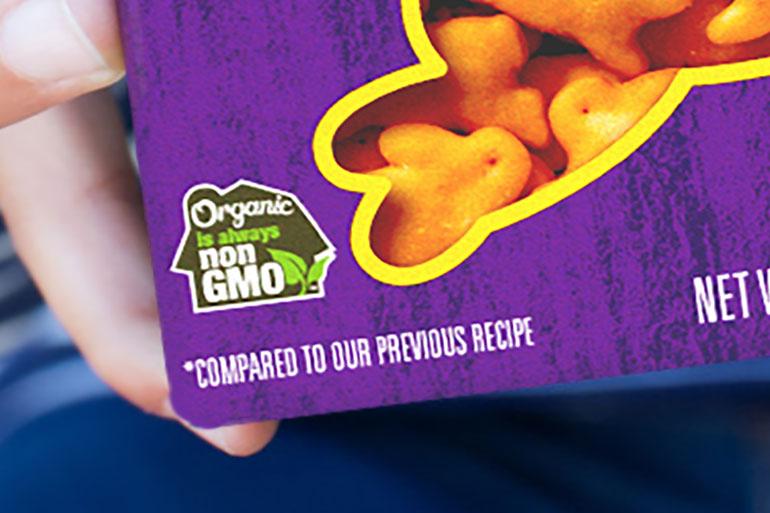
Non-GMO
The use of genetically modified organisms (GMOs) is prohibited in organic products. This means an organic farmer can’t plant GMO seeds, an organic cow can’t eat GMO alfalfa or corn, and an organic cracker producer can’t use any GMO ingredients.
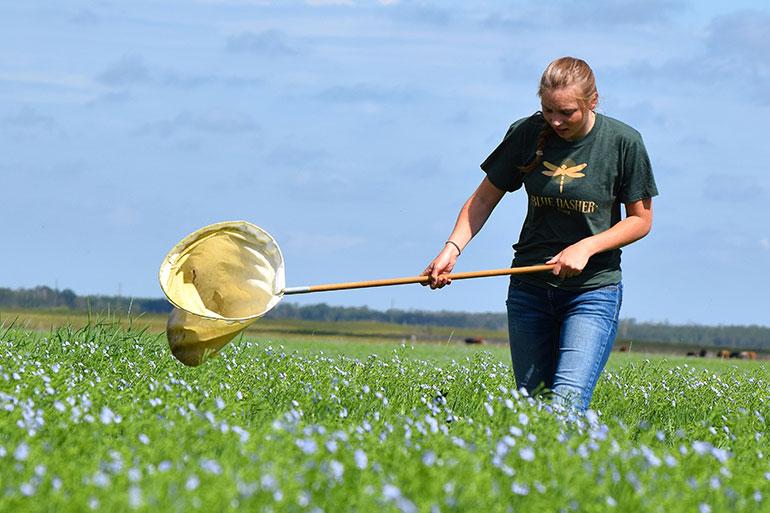
Reducing Chemical Impacts on the Environment
Organic livestock farmers and ranchers accommodate the health and natural behavior of their animals, including access to pasture for the entire grazing season and no antibiotics or added growth hormones.
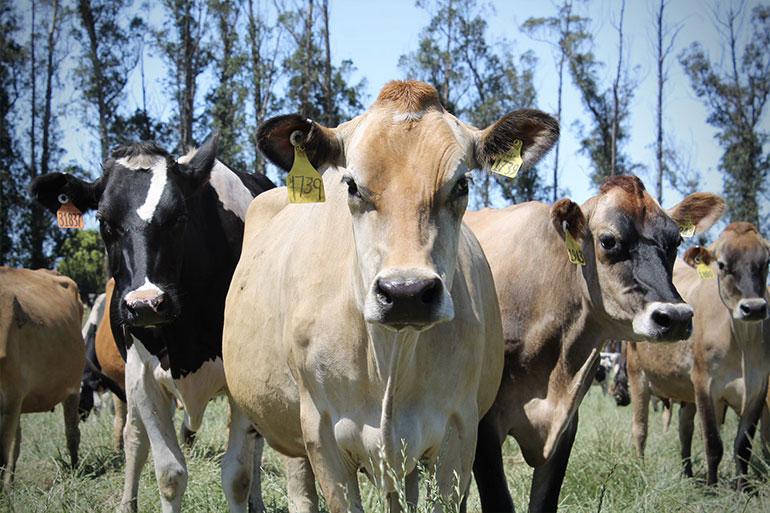
Organic Livestock
Organic livestock farmers and ranchers accommodate the health and natural behavior of their animals, including access to pasture for the entire grazing season and no antibiotics or added growth hormones.
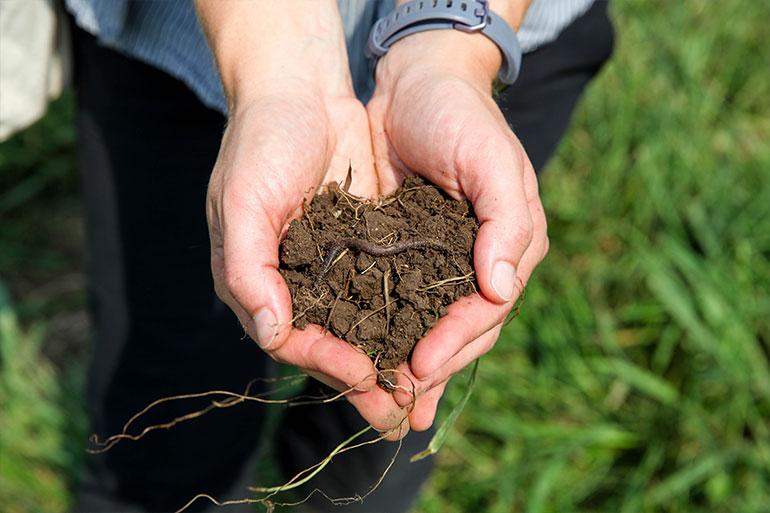
Healthier Soil
The organic program emphasizes supporting healthy, living soil through practices like crop rotation and cover crops.

Organic Farming & Water
Organic farming helps keep water clean by reducing leaching of agricultural chemicals and fertilizers.
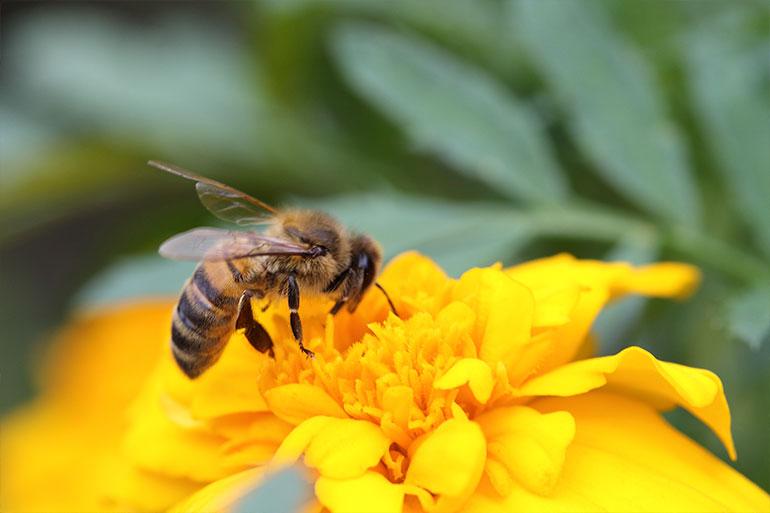
More Biodiversity
More biodiversity means that pollinators and other beneficial critters can do their essential jobs.
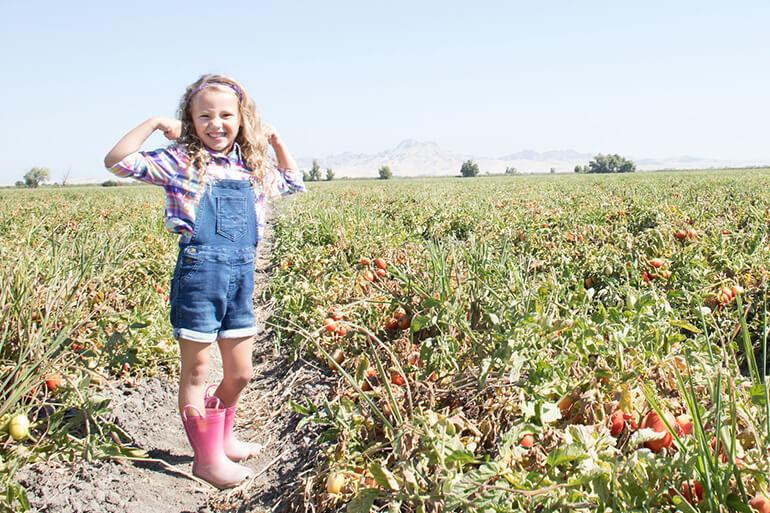
Reducing Carbon Footprints
Well-managed organic systems can increase the return of carbon to the soil.

Reducing Exposure to Pesticides
Farmers, farm workers and farm communities have reduced exposure to synthetic pesticides.
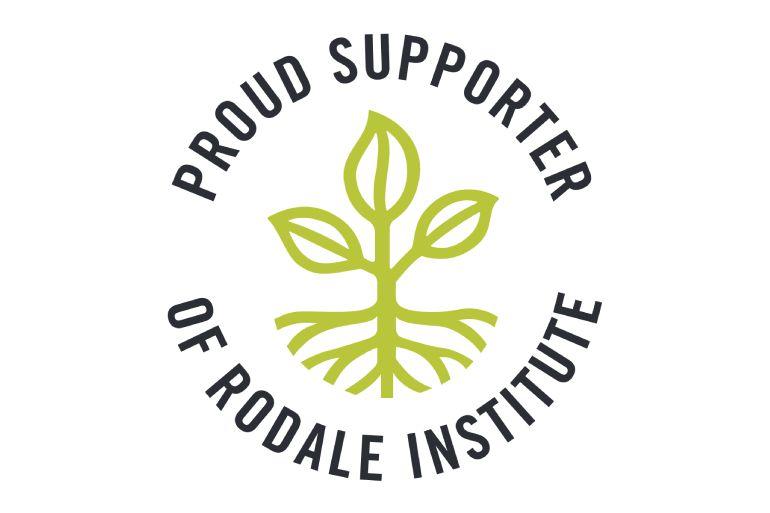
Expertise in Organic Agriculture Research
Annie’s is a proud supporter of The Rodale Institute, a leading organization in promoting regenerative organic agriculture.
